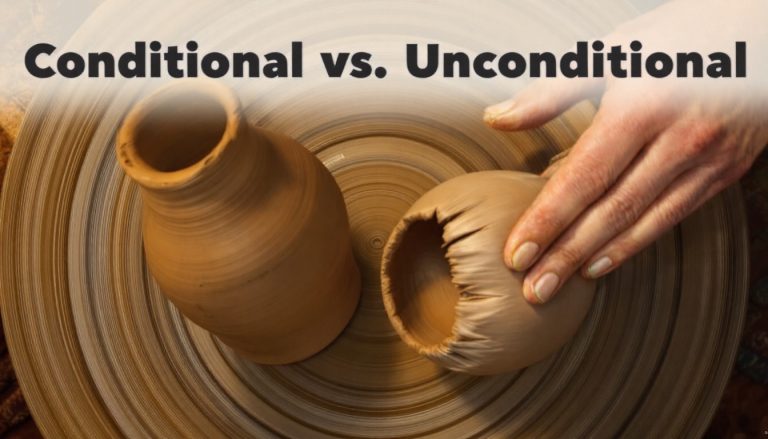Corporate Election: The Biblical Alternative to Calvinist Individualism in Romans 9
The Calvinist Position: Sproul’s Take on Romans 9 R.C. Sproul, in his book Chosen by God, presents a strong case for the Calvinist doctrine of unconditional individual election, especially when he digs into Romans 9. On pages 20–23, he argues that this chapter proves God picks specific people for salvation, no questions asked. He points…









